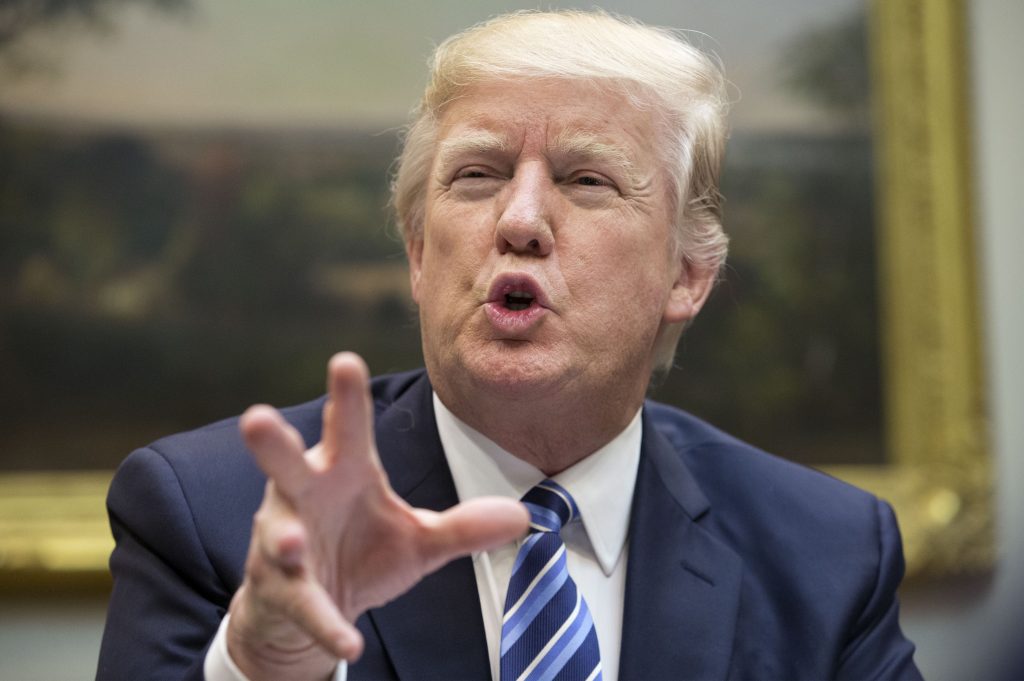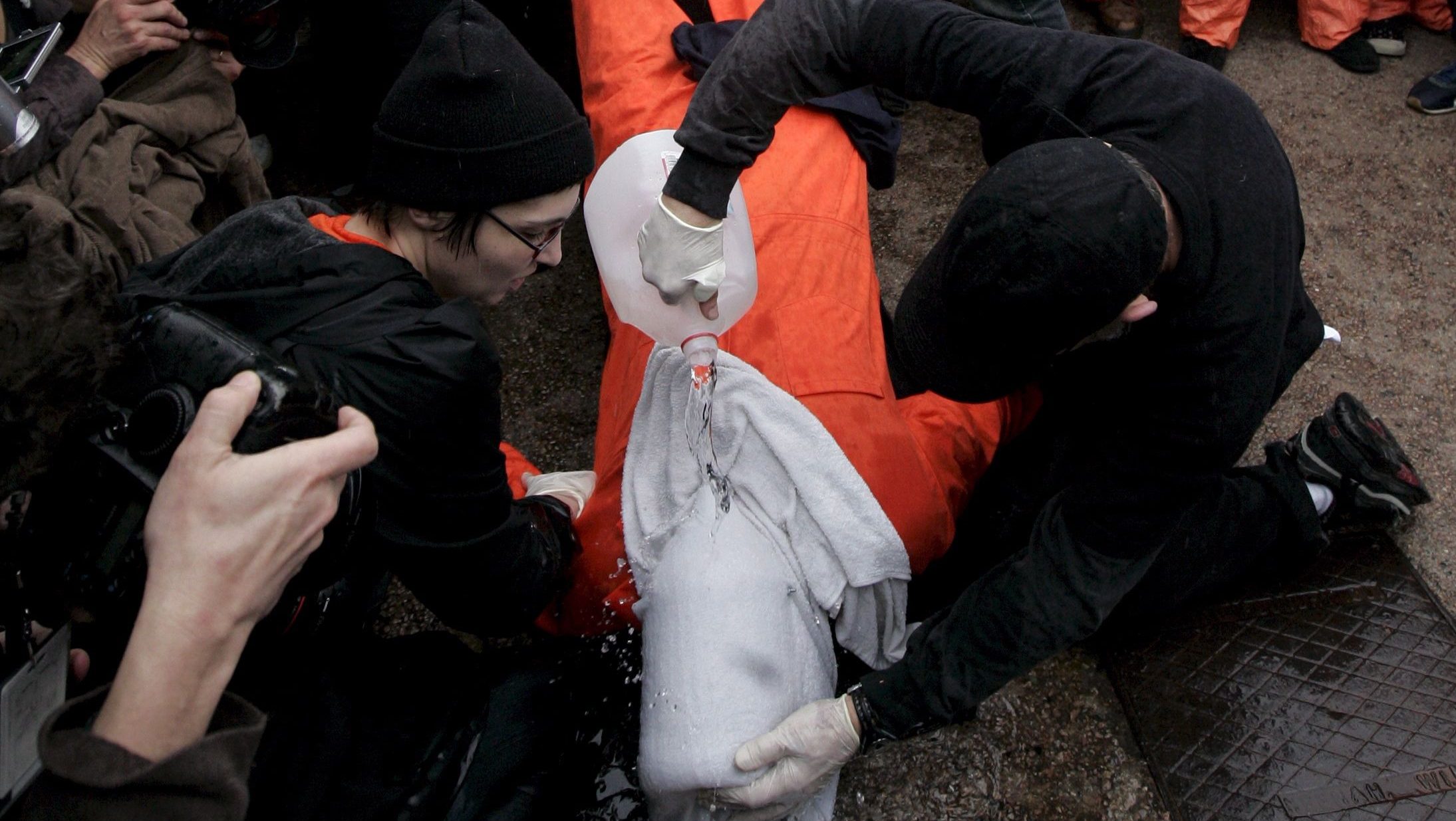Moazzam Begg, who was detained and tortured at Guantanamo Bay for suspected links with Al-Qaeda, visited Kingston last week.
He spoke about waterboarding used in the Cuban detention camp. A theme so relevant, as President Trump said waterboarding “absolutely works”, although he would leave the decision to reinstate it to his CIA and Pentagon chiefs.
UN rights rapporteur Ben Emerson said: “He [Trump] is the first ever head of state who advocates torture.”
Waterboarding is practised by tying a prisoner down, using a cloth to cover their nose and mouth, and continuously pouring water over the cloth to create a sensation that they are drowning.
Aside from the ethical issues, it is not reliable. There are far more factors which need to be taken into account rather than assuming it will result in saving lives of people in danger.
Amnesty International UK Director Kate Allen said: “Apart from the absolute horror of half-drowning terrified people who may have been subjected to a whole range of other abuse, there’s no evidence that torture is in any way effective.
“Quite the opposite – people will say anything to make the pain stop.”

In that sense the truth is that waterboarding has worked, but not the way its defenders claim. It worked to produce justifications for policies it seemed that the establishment wanted, like the Iraq war.
After the fall of the Taliban in 2001, Ibn Shaykh al-Libi, a Libyan national, was in custody of US allies when he claimed during torture that Iraq was assisting Al-Qa’ida in the production of chemical and biological weapons.
This information was cited by the US Secretary of Defence in his speech to the UN in support of invading Iraq.
Al-Libi’s information was allegedly extracted by waterboarding and proved false.
It partly resulted hundreds of British and American people being killed, maimed and injured and hundreds of thousands of Iraqis dying during the invasion and occupation.
The American Field Manual prohibits the “use of coercive techniques because they produce low-quality intelligence”. This guide is used by the American army on how to approach and resolve situations in a war zone.
Most other military field guides also agree with this reasoning.
Only a psychopath can inflict torture and be unaffected, no matter the scenrio. Anybody else may find they are unable to continue to serve.
Having people who are comfortable to torture in charge of your country’s safety and defence can only lead to more problems.
The US constitution is influenced by the Magna Carta, which says “no man will be faced justice before being judged by a jury of his peers”.
Moazzam Begg spoke of Guantanamo as a lawless place with “no judge, and no jury”. It is a place which undermines the US judicial system.
I fear Trump’s America will follow suit if waterboarding is reintroduced.

